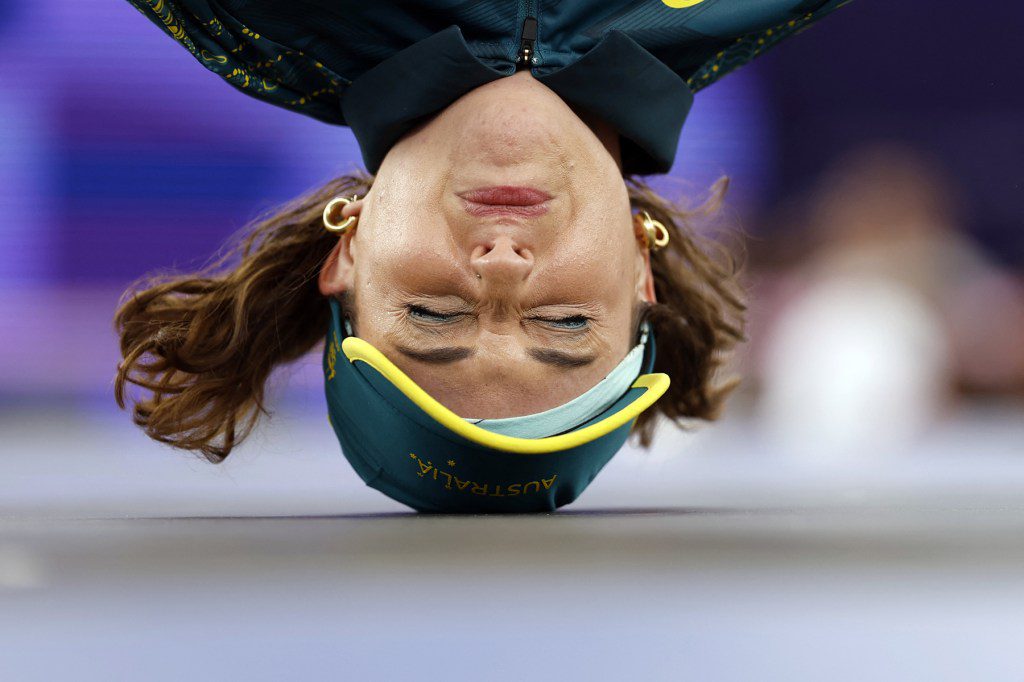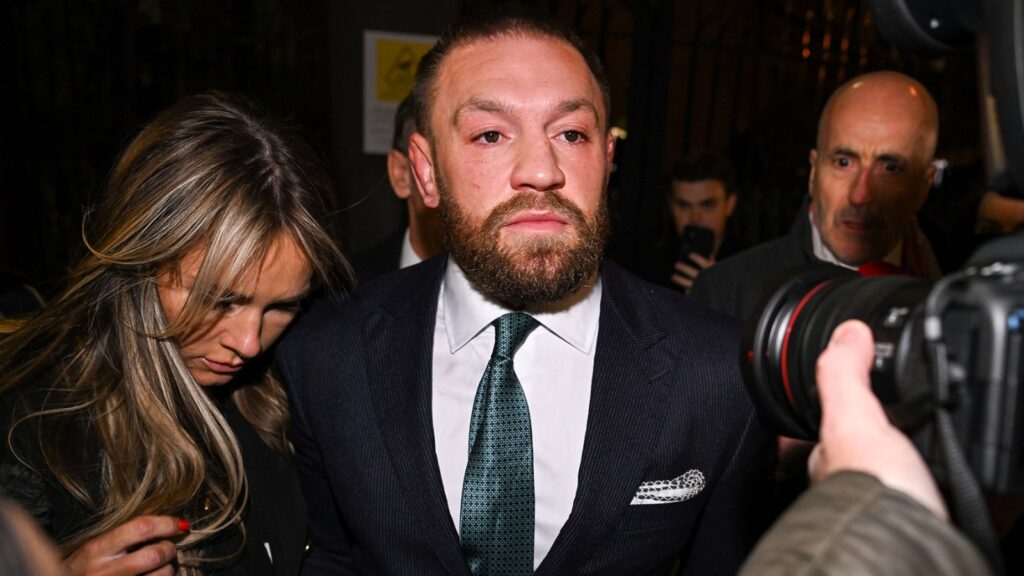Australian Olympic Breaker ‘Raygun’ Loses Dance Battles, Wins Our Hearts
The moves were downright dizzying at the Olympics debut of a new event in Paris on Friday: breaking, more commonly referred to as “breakdancing.” As with other athletic competitions introduced to the games in recent years, there was plenty of debate as to whether breaking — here organized into a tournament of head-to-head dance battles observed by a panel of judges — can even be called a sport. But viewers certainly vibed with the personalities who showed up, even if the formal setting robbed the art form of its street-cool factor.
One B-girl on the scene for the women’s event (the men will do their spinning on Saturday) particularly fascinated those watching at home. Rachael Gunn, stage name “Raygun,” is a 36-year-old college professor from Australia. With both a music degree and a PhD in cultural studies, she pursues interdisciplinary research on breaking, street dance, hip-hop, and gender at Macquarie University in Sydney.
Australia’s Rachael Gunn, known as Raygun competes in the Paris 2024 Olympic Games on Aug. 9, 2024.
Odd Andersen/AFP/Getty Images
Along with her unusual academic credits, Gunn stands out as 20 years the senior of Australia’s competitor in the men’s tournament — she and 16-year-old Jeff “J-Attack” Dunne both won the Oceania breaking championships to qualify for the Olympics. She also got into breaking later in life than most who pursue it seriously, entering her first ever battle in 2012. But perhaps most of all, Gunn, uh, breaks the mold of this dance genre with creative choices that left spectators stunned.
As she went up against rivals representing Lithuania, France, and the U.S., social media was abuzz about Raygun’s signature kangaroo hops, flabbergasting floor work, and charmingly corny poses. Through the entire set, and despite losing each round, her swagger held firm. That confidence, she explained to CNBC in an interview earlier this month, was always going to be key: “The younger competitors are great in their strength, fitness, and explosiveness,” she said. “But the older ones bring a different level of maturity to the dance.” (Japan’s Ami Yuasa, 25, ended up taking the gold.)
One of Gunn’s battles was against Dominika “Nicka” Banevič, a durag-wearing 17-year-old from Lithuania who went on to claim the silver medal, so she can credibly say she was beaten by one of the best women breakers in the world. And her resume is still impressive in its own right: the top-ranked Australian Breaking Association B-girl in 2020 and 2021, she has represented Australia in annual World Breaking Championships around the globe.
But maybe taking home the gold isn’t the only way to inspire people. At its best, the Olympics is supposed to celebrate the sheer variety of human ability and experience. Raygun’s routines had average people wondering if they, too, could tap into a hidden potential and rise to the top levels of an international sport. It took guts, determination — and, yes, talent — for Gunn to get where she was on Friday. Don’t we want to reach for the stars ourselves?
Yeah, you can keep your sweaty wrestling and snooty equestrian stuff. Just can’t relate. As the 2024 Olympics comes to a close, we’re riding with Raygun.





